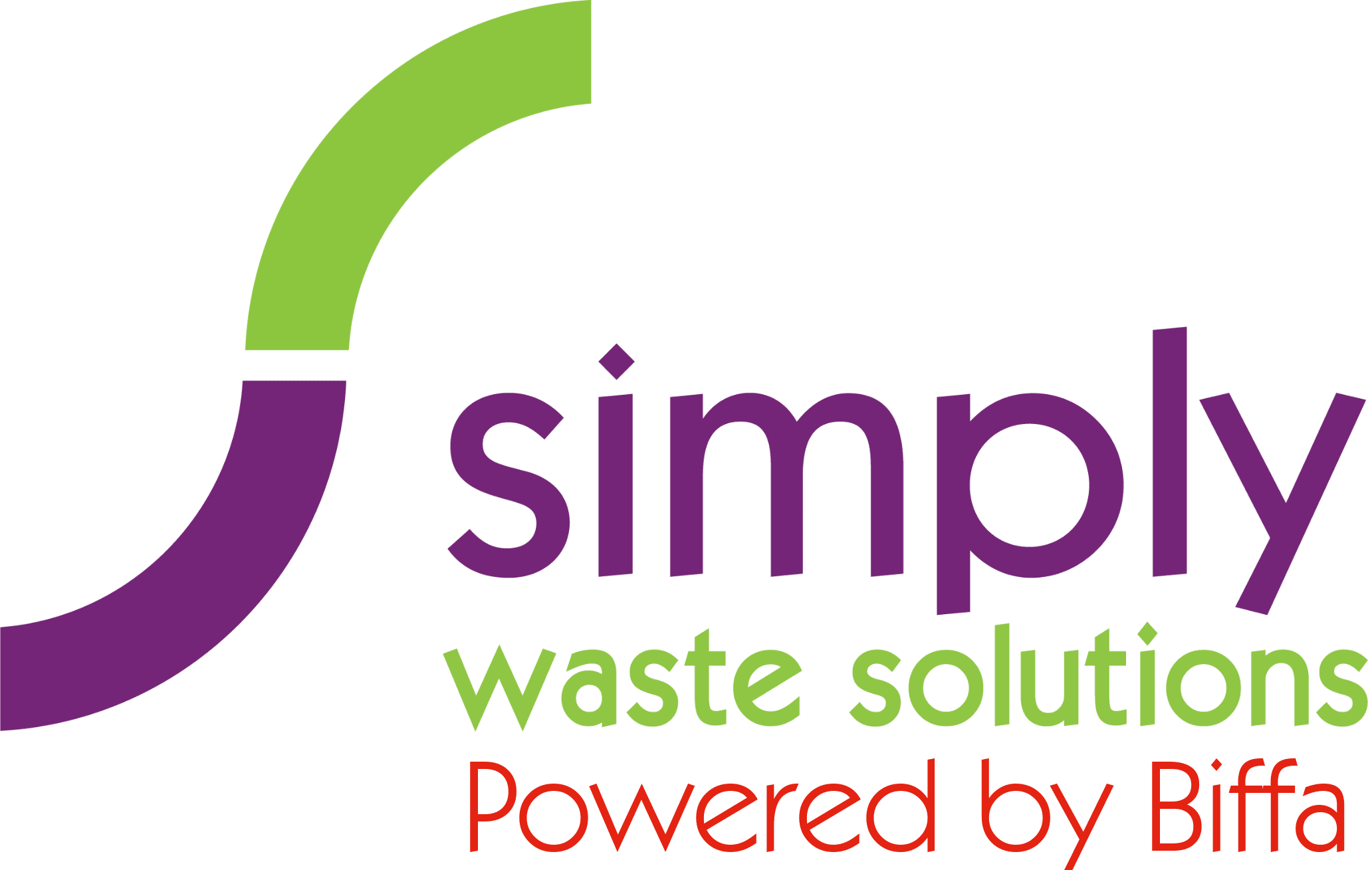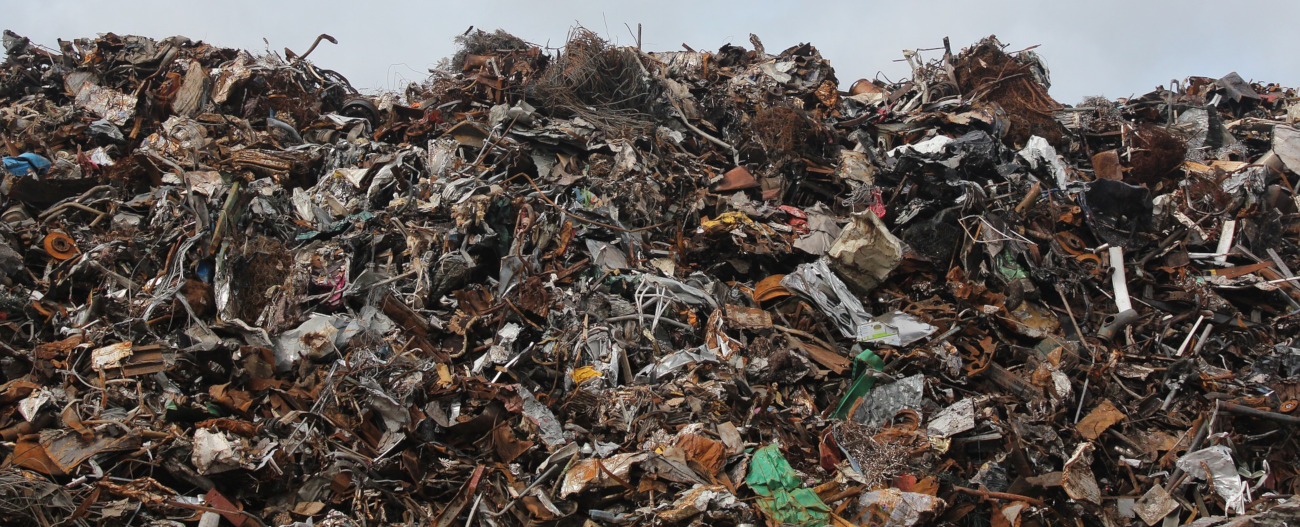Following China’s ban on imported waste in late 2018, developed countries have been sending its waste to developing south-east Asian countries for disposal and recycling. Recently there have been containers that have been refused due to incorrect labelling and contamination from several countries.
This ban, whilst a positive for China and its air quality, left developed nations struggling to find places to send their rubbish. Huge quantities of waste have since been redirected to south-east Asia, but there is resistance to handling exported waste growing in the region.
Indonesia is the latest country to announce it’s sending back containers of waste to its originating country. After declaring the material too contaminated for recycling, it’s being sent back to Australia. Described as ‘paper’ the 210.3 tonnes also contained, electronic waste, used cans, plastic bottles, old bottles of engine oil and loose shoes – this whole shipment is being returned.
In May, the Malaysian government also said it would return up to 100 tonnes of waste back to Australia because it was too contaminated to be recycled. This was part of 450 tonnes of imported plastic that was sent back to countries across the globe.
Last week Indonesia announced it would be returning 49 containers of waste to France and other developed nations. Domestic rubbish is a problem on the Indonesian Islands as many people still burn toxic waste as a form of disposal, while tonnes of waste is dumped in the country’s rivers and oceans each year. After China, Indonesia is the second-largest global contributor to marine plastic waste.
Back in 2014, Canada sent containers of waste falsely labelled as plastic recycling, in fact, it actually contained electrical and household waste including used nappies. Some of the containers were disposed of but after a long, drawn-out feud 69 containers containing roughly 1,500 tonnes of rotting waste were returned this month.
7 months after China closed its borders to poor quality and contaminated waste, it’s clear to see that countries all over the world do not have the infrastructure in place to handle the amount of waste produced. This opens opportunities to build what’s needed for each country, but this takes time and money with little in the way of government funding. It will be interesting to see which countries develop new technologies and build the infrastructure to handle their own, and possibly others, waste and recycling.
As a business, Simply Waste Solutions is committed to ensuring that the most viable and environmentally friendly solutions are found for all our customers. If you would like to find out more about any of our services you can;
Send an email to sales@simplywastesolutions.co.uk
Phone 03330 433 033
Message us on live chat
https://www.bbc.co.uk/news/world-asia-48455440?intlink_from_url=https://www.bbc.co.uk/news/topics/cnx753je2r4t/philippines&link_location=live-reporting-story
https://www.theguardian.com/environment/2019/jul/09/indonesia-sends-rubbish-back-to-australia-and-says-its-too-contaminated-to-recycle

 Sales 03308 285 687
Sales 03308 285 687 